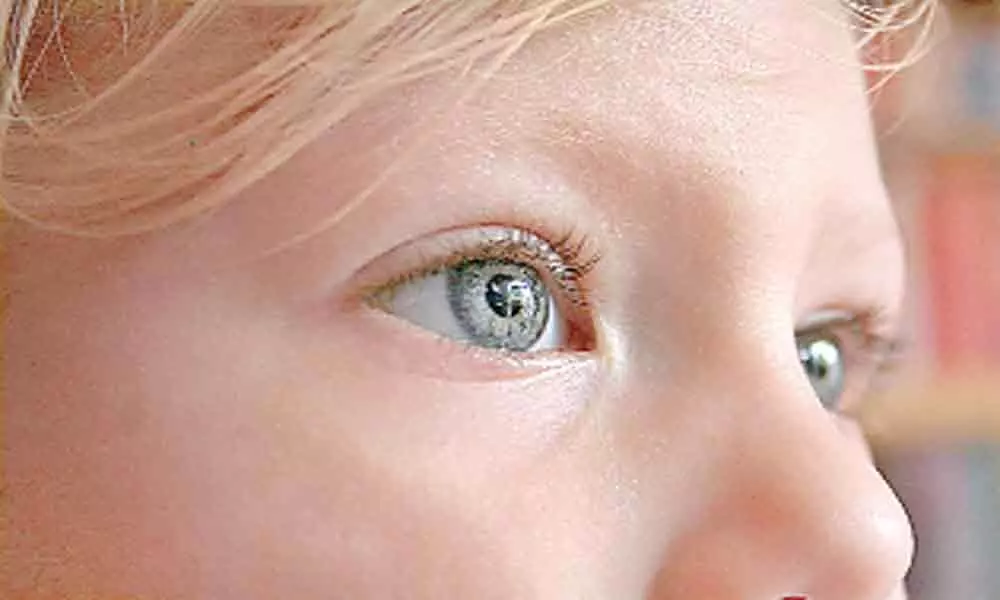New eye scan may help diagnose autism early in children: Study

Researchers have developed a new eye scan that they claim could help identify autism in children years earlier than currently possible, an advance that may lead to better ways of diagnosing the developmental disorder.
Melbourne: Researchers have developed a new eye scan that they claim could help identify autism in children years earlier than currently possible, an advance that may lead to better ways of diagnosing the developmental disorder.
According to the study, published in the Journal of Autism and Developmental Disorders, the non-invasive eye scan utilises a hand-held device to find a pattern of subtle electrical signals in the retina that are different in children on the autism spectrum. The researchers, including those from Flinders University in Australia, tested the scan on about 180 people with and without autism between the ages of 5 and 21.
They said the potential biomarkers for autism spectrum disorder (ASD) utilised by the scan may also allow for early detection of other disorders, such as attention deficit hyperactivity disorder (ADHD). "The retina is an extension of the brain, made of neural tissue and connected to the brain by the optic nerve, so it was an ideal place to look," said Paul Constable, a co-author of the study from Flinders University.
He believes the test will be equally effective on younger children as it is quick, non-intrusive, and uses a hand-held device. "Very early diagnosis means not only can children receive important interventions, but families are empowered to get the necessary supports in place, come to terms with the diagnosis, and make informed decisions," Constable said. "Now we have found a likely candidate biomarker for autism, the next stage is to look at young children, even infants, as the earlier we can get to intervention stages the better," Constable added.
According to the scientists, clinicians often encounter parents who have two or three young children with autism, since the chance of having a second autistic child is much higher for parents with one child on the spectrum. They said early detection in firstborn children may give parents the opportunity to decide if they want to have more kids, with previous studies indicating an increased likelihood siblings of autistic children are more likely to develop the disorder. "Detection inevitably changes family dynamics and goals, and creates consideration about the time required to help the child," Constable said.
















